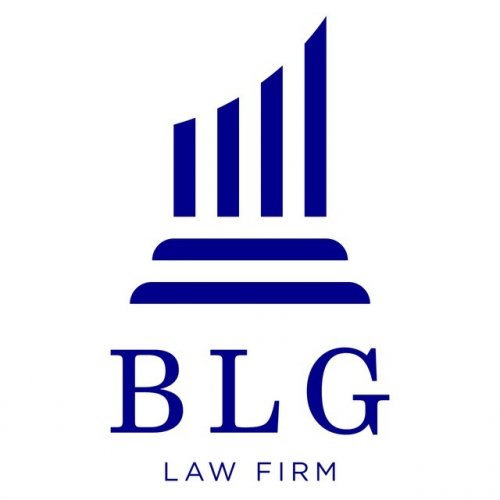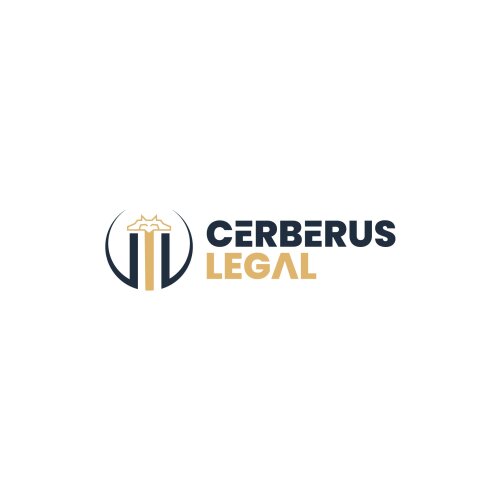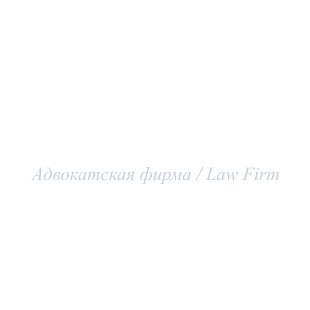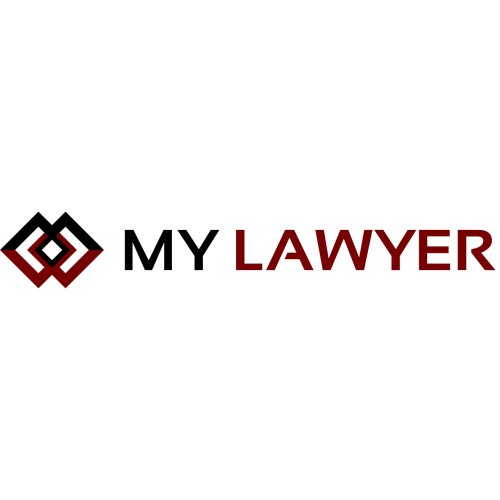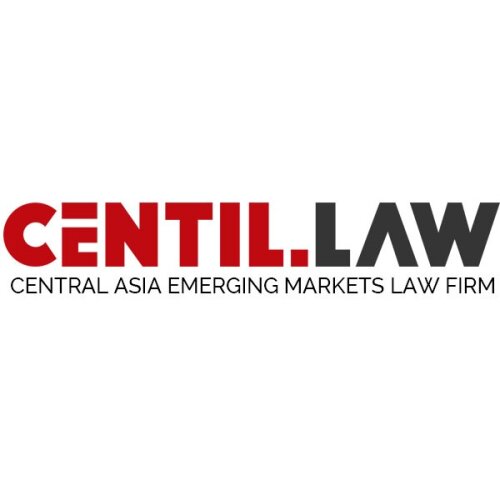Best General Litigation Lawyers in Uzbekistan
Share your needs with us, get contacted by law firms.
Free. Takes 2 min.
Or refine your search by selecting a city:
List of the best lawyers in Uzbekistan
About Litigation Law in Uzbekistan
Litigation in Uzbekistan refers to the process of taking legal action through the court system to resolve disputes. The legal framework governing litigation in Uzbekistan has been evolving to align with international standards as the nation progresses economically and politically. Uzbekistan's civil, criminal, and administrative legal procedures are outlined in the respective codes, and the judicial system is primarily composed of district courts, regional courts, and the Supreme Court. Each court has its specific role in resolving different types of cases and enforcing laws.
Why You May Need a Lawyer
Individuals may require legal help with litigation in Uzbekistan in several common situations. This includes resolving business disputes, contractual disagreements, family law matters such as divorce or inheritance, and criminal defense. Additionally, legal assistance can be crucial for navigating administrative disputes with government entities. Hiring a lawyer ensures that you have expert guidance throughout the legal process, helps in interpreting complex legal language, and strengthens your case by presenting it effectively before the court.
Local Laws Overview
The litigation process in Uzbekistan is influenced by several key aspects of local laws. Firstly, the Constitution of Uzbekistan provides the fundamental legal rights and freedoms of individuals. Secondly, the Civil Procedure Code governs civil litigation proceedings, outlining the procedural rules for cases involving contracts, property, family, and torts. The Criminal Procedure Code sets the rules for prosecuting criminal offenses. It's essential to also understand specific laws such as the Law on Economic Courts applicable in business litigation and to consider the influence of international treaties Uzbekistan is a signatory to.
Frequently Asked Questions
What is the first step in filing a lawsuit in Uzbekistan?
The first step is to submit a written statement of claim to the appropriate court, ensuring that all requisite documents and information are included.
How long does the litigation process typically take?
The duration varies widely depending on the complexity of the case, but it can range from several months to several years.
Can foreign nationals engage in litigation within Uzbekistan?
Yes, foreign nationals have the right to bring legal action in Uzbekistan, often requiring legal representation familiar with both local and international law.
Is alternative dispute resolution available in Uzbekistan?
Yes, options like mediation and arbitration exist, often encouraged to expedite resolution out of court.
What are the court fees associated with litigation?
Court fees depend on the nature and value of the claim, guided by the procedural codes and respective court guidelines.
Are judgments by Uzbek courts enforceable internationally?
This depends on existing international agreements and the legal framework of the foreign country where enforcement is sought.
What role does the prosecutor play in the litigation process?
In criminal cases, the prosecutor represents the state and plays a crucial role in initiating and conducting the prosecution.
How do appellate courts function in Uzbekistan?
They review decisions made by lower courts to ensure legal correctness, allowing for appeals under specific conditions.
Can I represent myself in court without a lawyer?
While self-representation is permitted, it is often not advisable given the complexities of legal proceedings.
How does one appeal a court decision?
To appeal, a formal notice of appeal should be filed within a legally specified period post-judgment, often requiring an attorney's assistance.
Additional Resources
The following resources and organizations can be helpful:
- The Ministry of Justice of Uzbekistan
- The Chamber of Advocates of Uzbekistan
- Legal advice divisions within local government bodies
- International legal aid organizations operating in Uzbekistan
- Legal research facilities and university law departments
Next Steps
If you need legal assistance in litigation, start by identifying a competent lawyer in Uzbekistan experienced in the relevant area of law. Reach out to local law firms or use the services of the Chamber of Advocates to find a qualified attorney. Gather all necessary documentation and prepare a detailed description of your case to ensure effective consultation. Clear communication with your lawyer about your objectives and understanding the legal process will aid in the successful navigation of your litigation journey.
Lawzana helps you find the best lawyers and law firms in Uzbekistan through a curated and pre-screened list of qualified legal professionals. Our platform offers rankings and detailed profiles of attorneys and law firms, allowing you to compare based on practice areas, including General Litigation, experience, and client feedback.
Each profile includes a description of the firm's areas of practice, client reviews, team members and partners, year of establishment, spoken languages, office locations, contact information, social media presence, and any published articles or resources. Most firms on our platform speak English and are experienced in both local and international legal matters.
Get a quote from top-rated law firms in Uzbekistan — quickly, securely, and without unnecessary hassle.
Disclaimer:
The information provided on this page is for general informational purposes only and does not constitute legal advice. While we strive to ensure the accuracy and relevance of the content, legal information may change over time, and interpretations of the law can vary. You should always consult with a qualified legal professional for advice specific to your situation.
We disclaim all liability for actions taken or not taken based on the content of this page. If you believe any information is incorrect or outdated, please contact us, and we will review and update it where appropriate.
Browse general litigation law firms by city in Uzbekistan
Refine your search by selecting a city.



